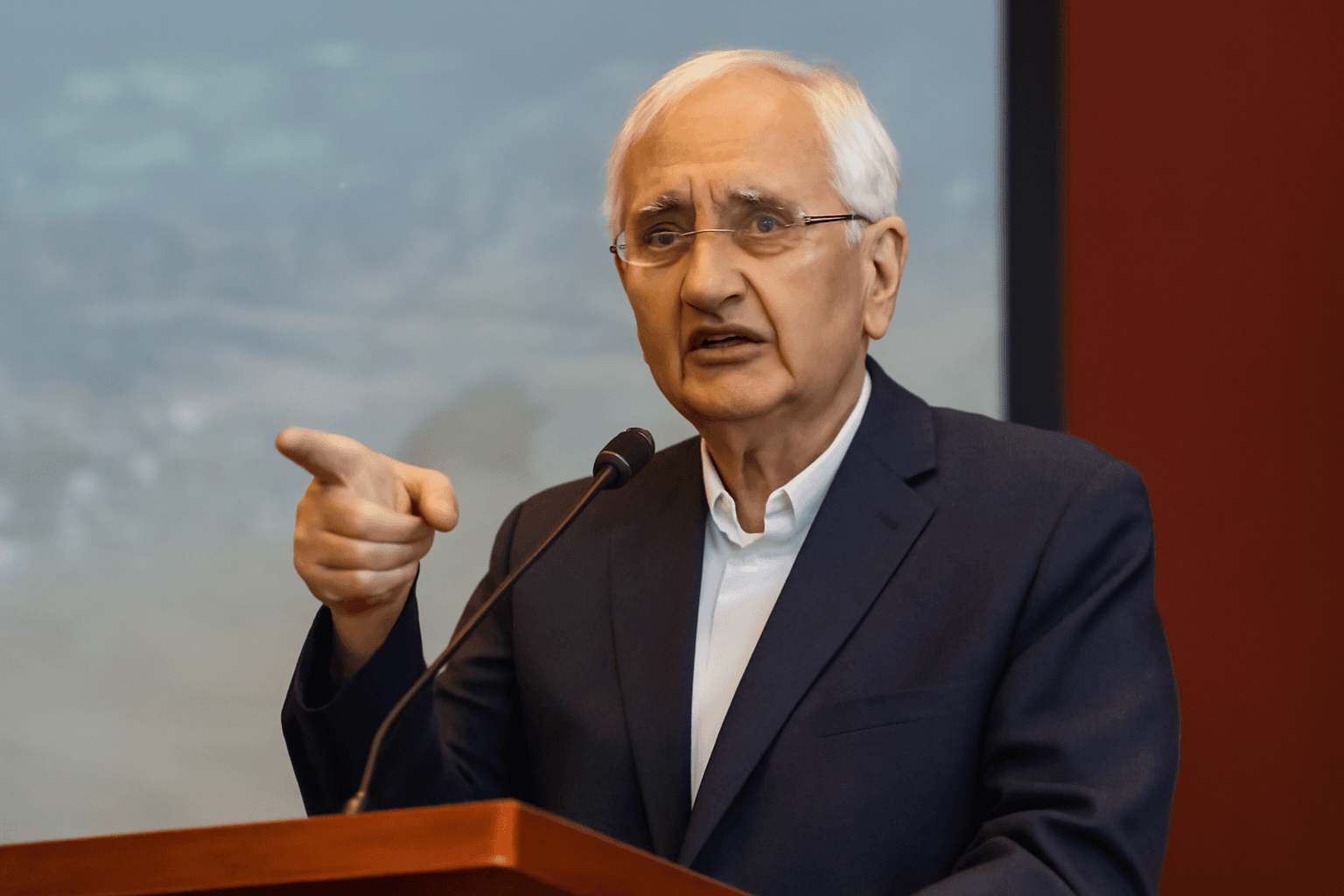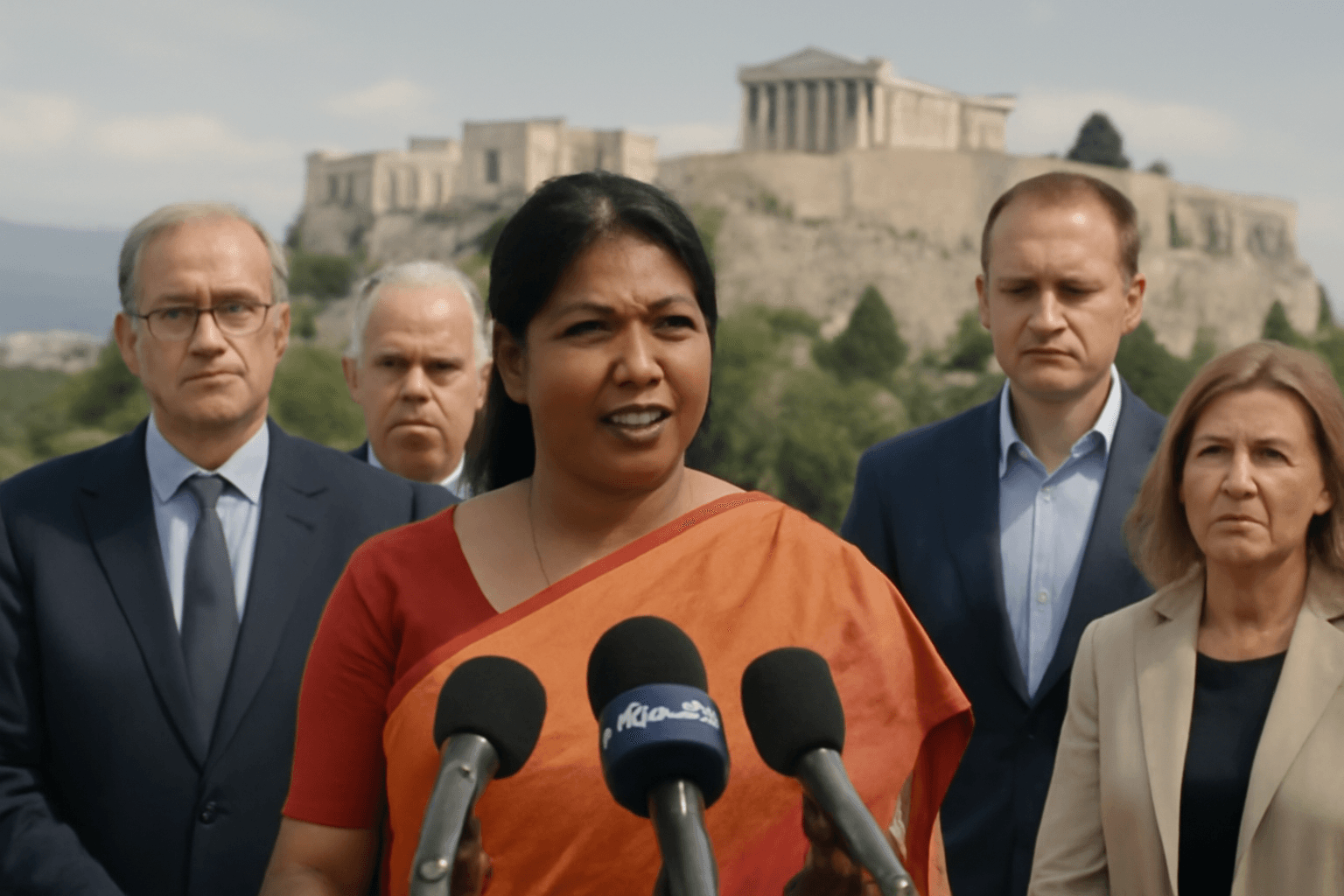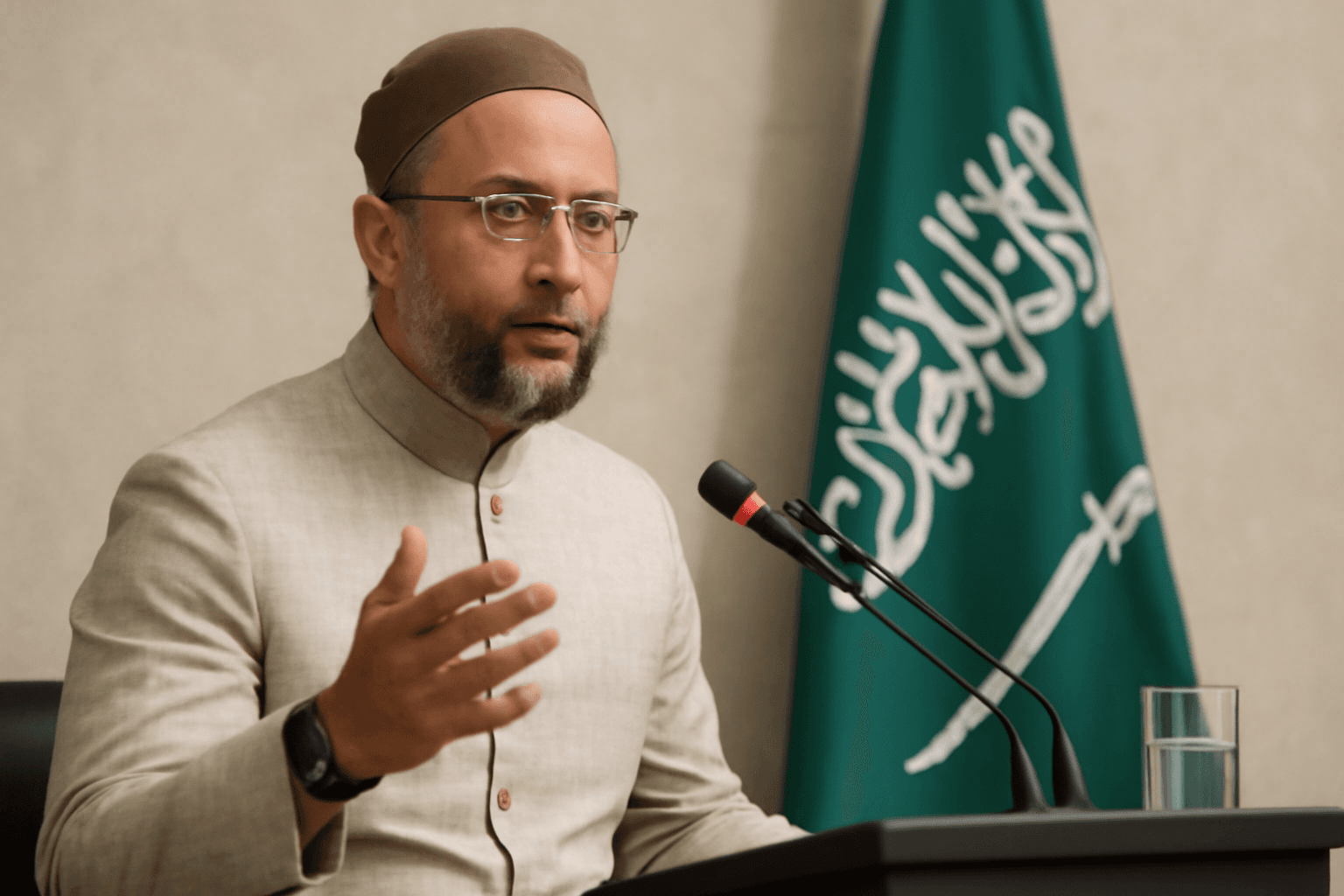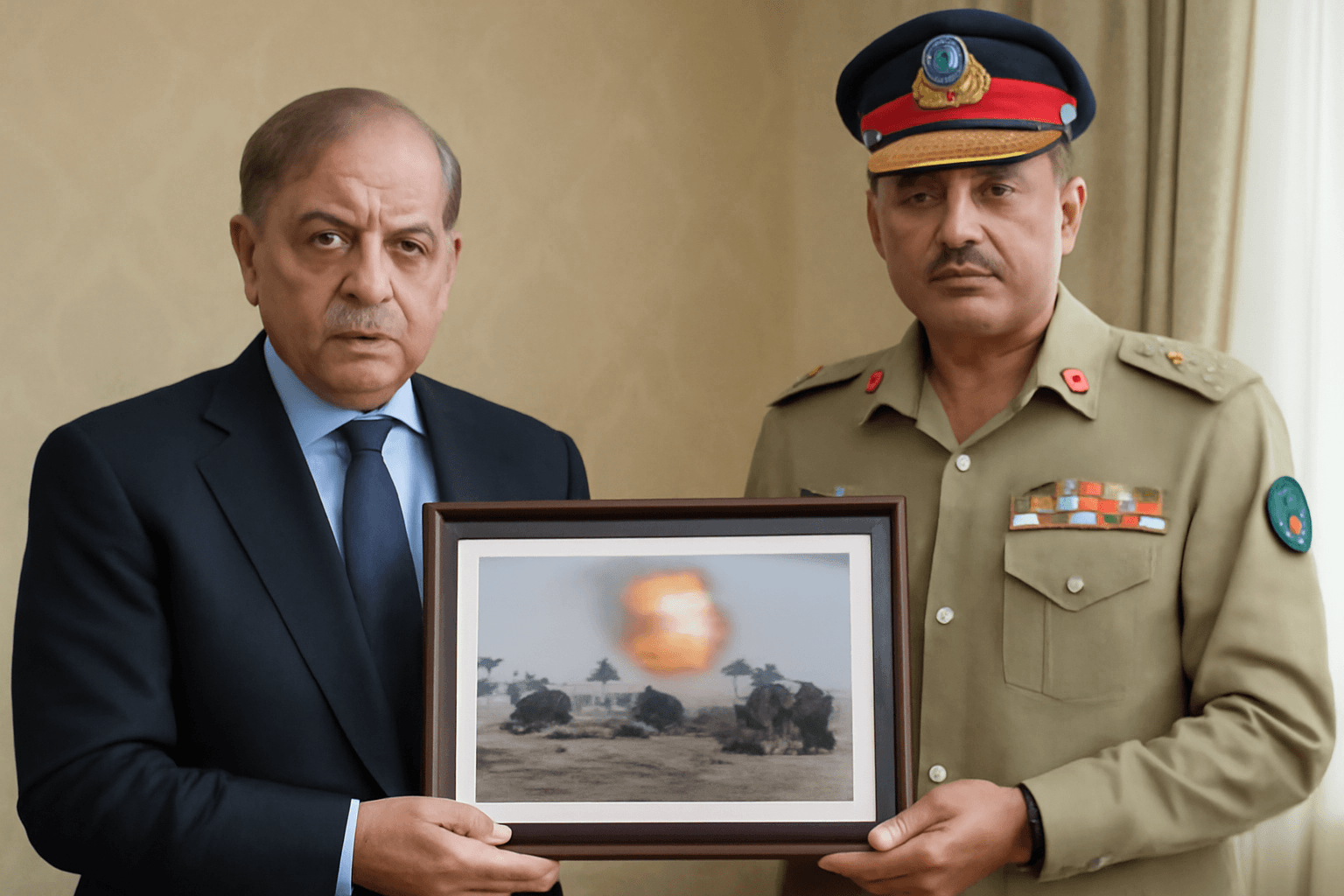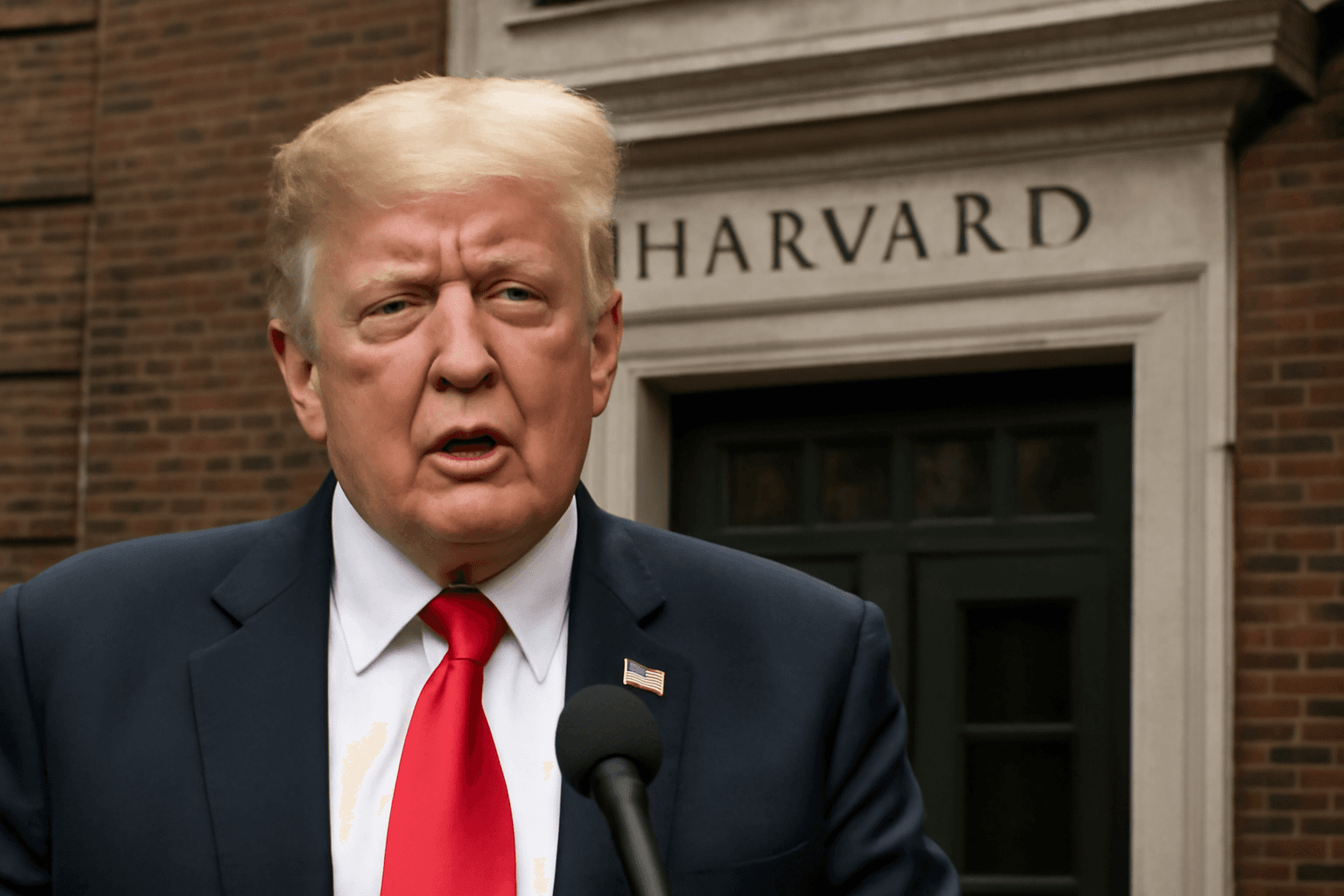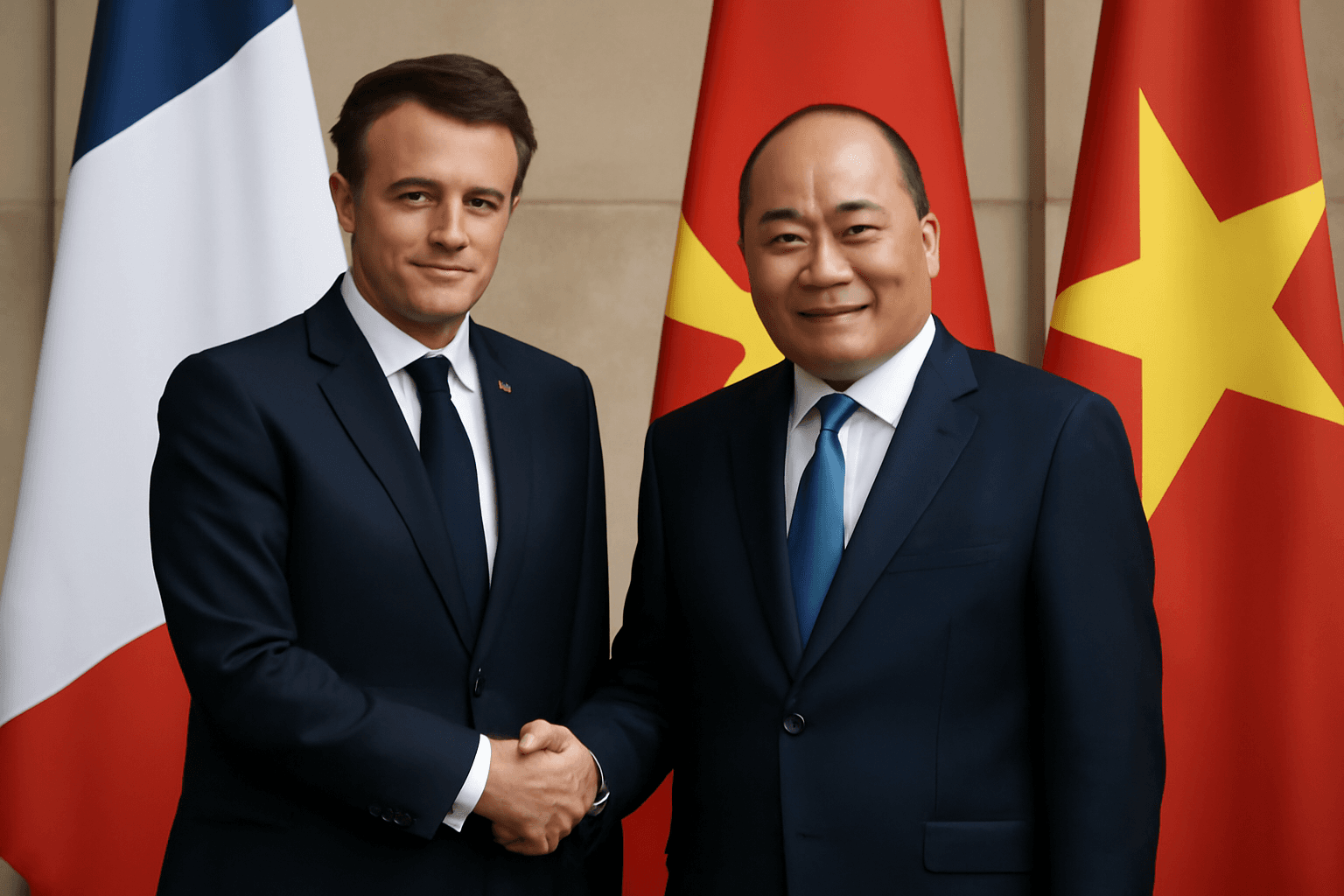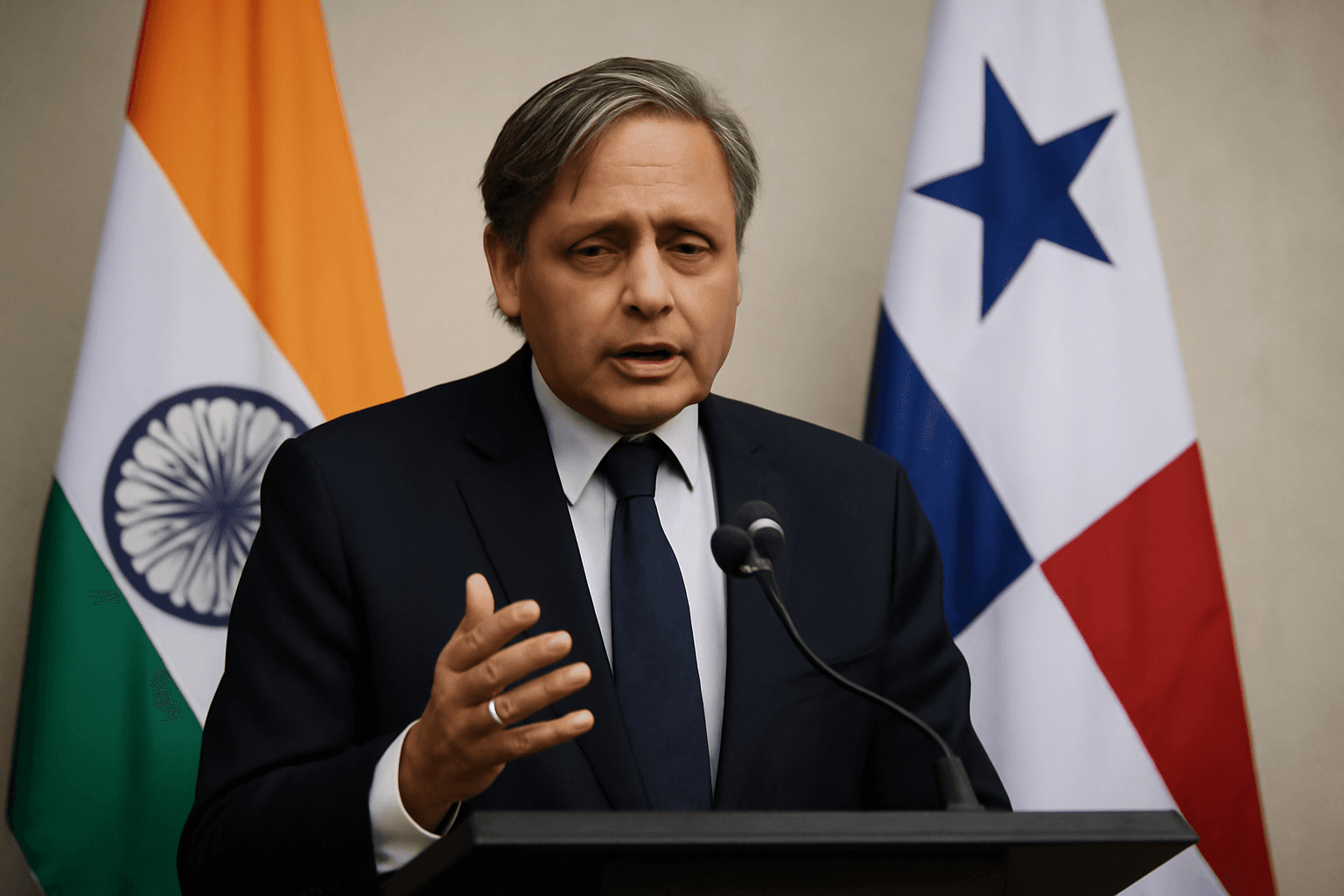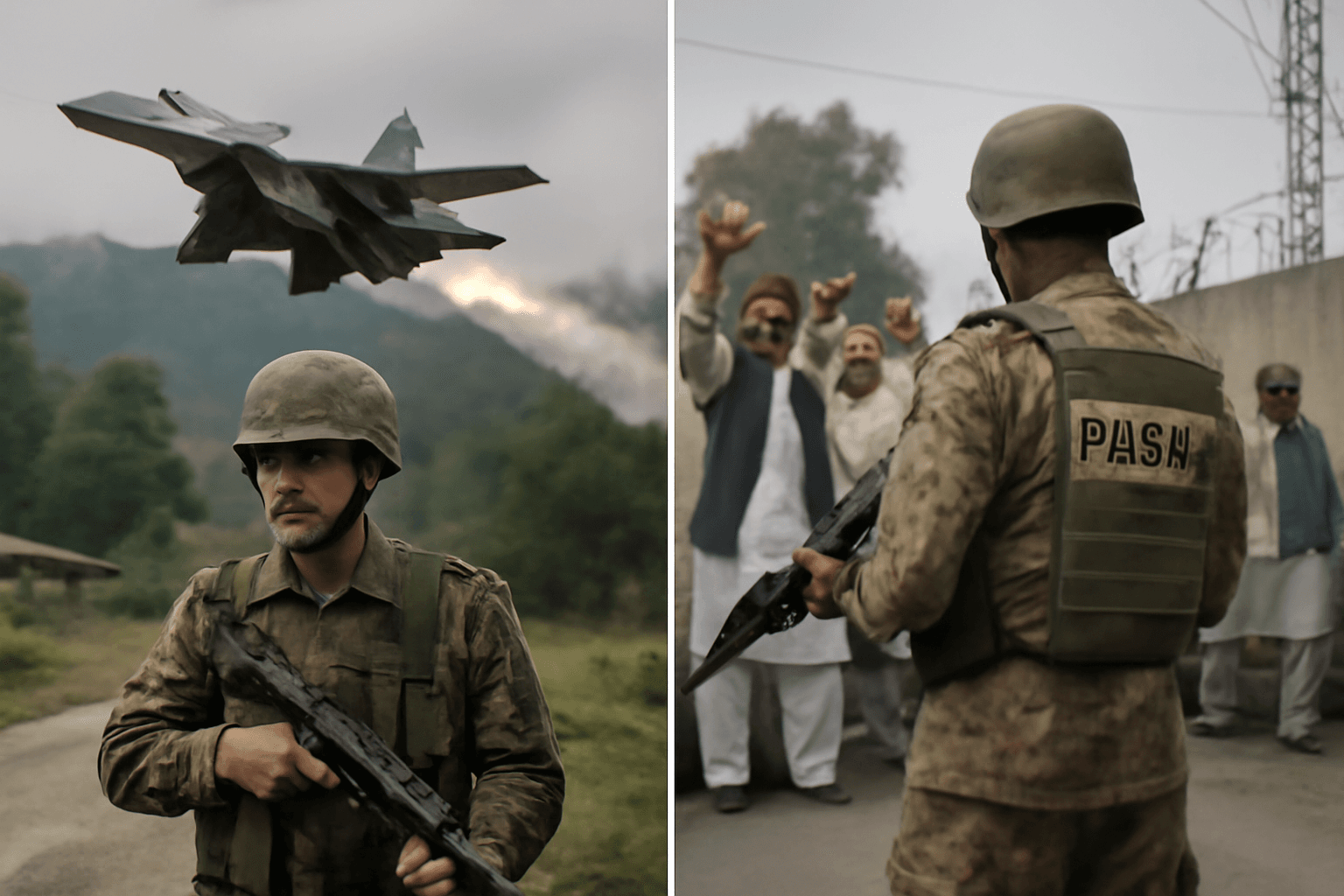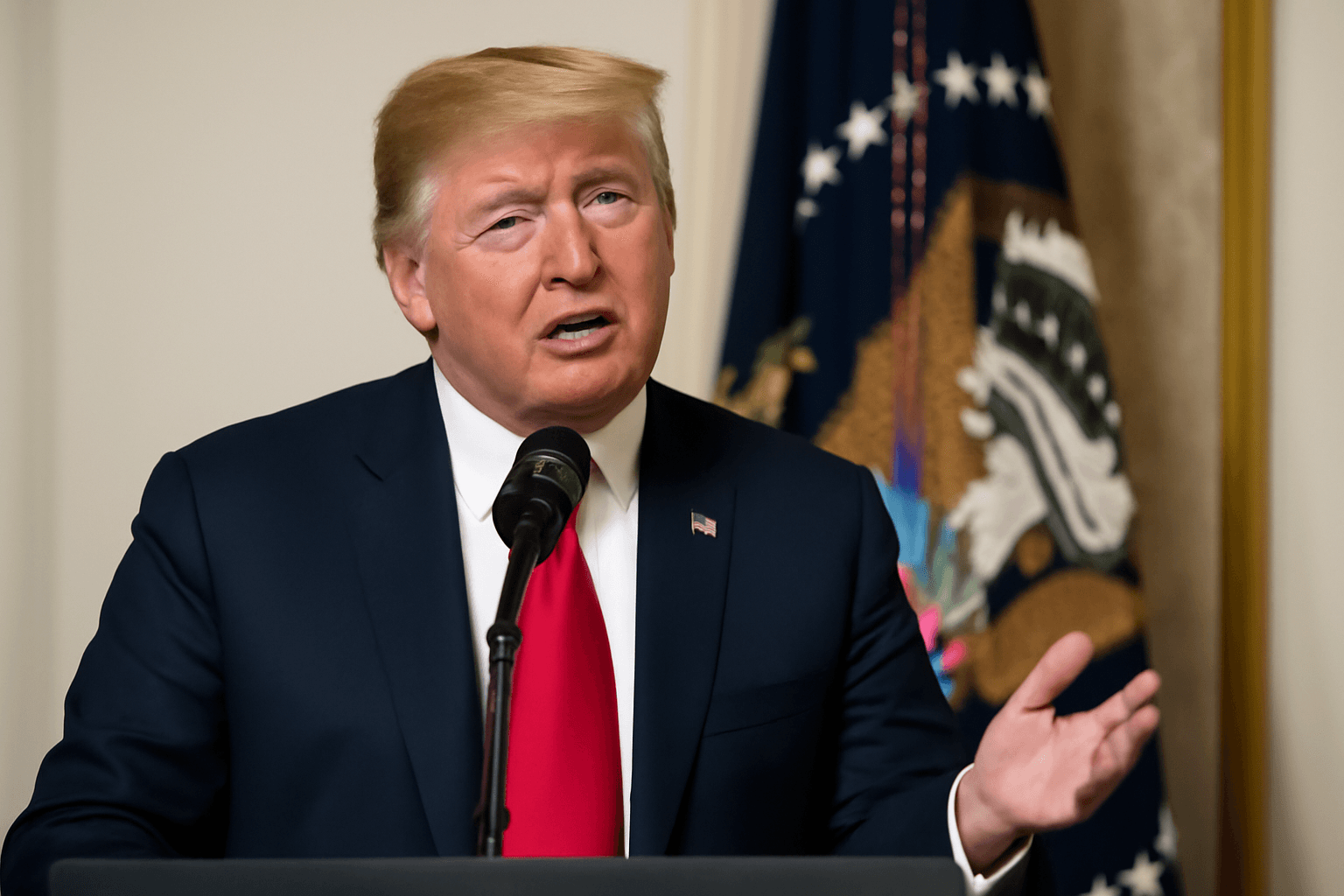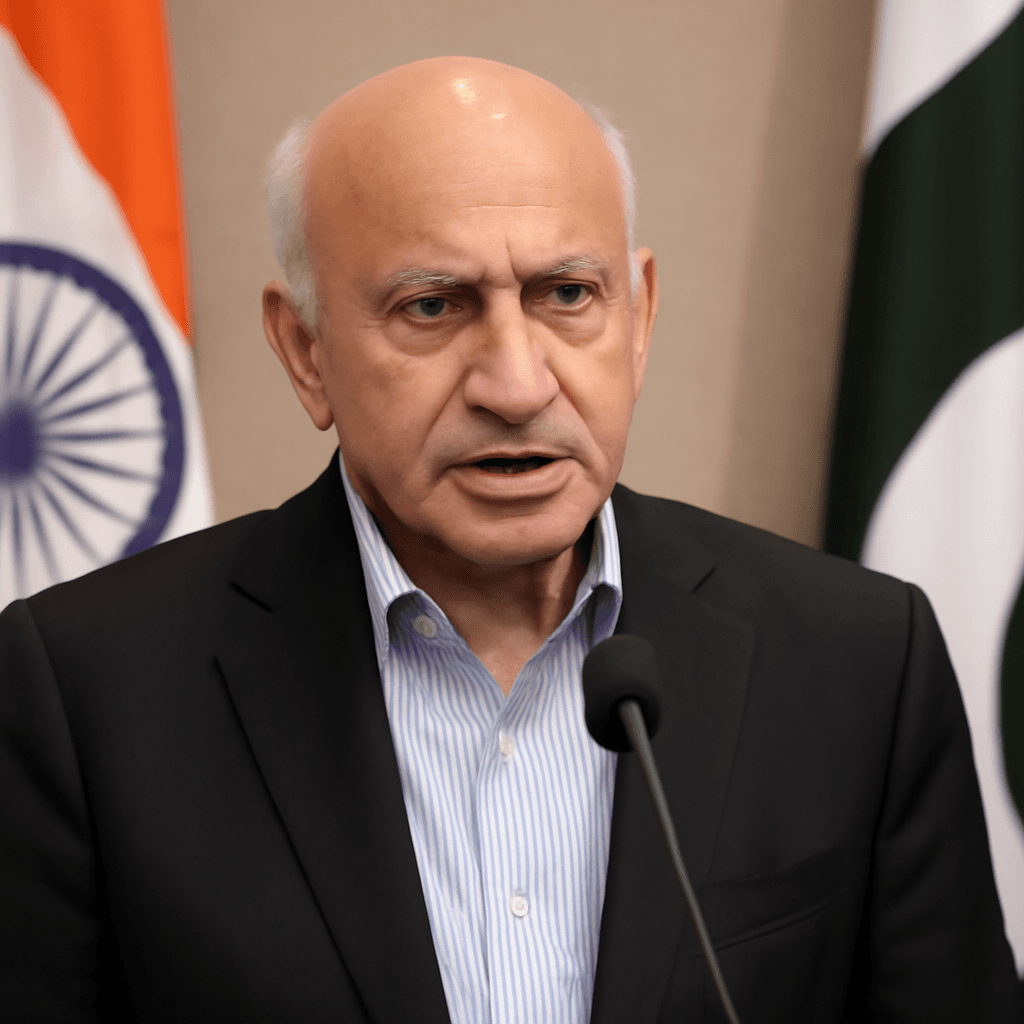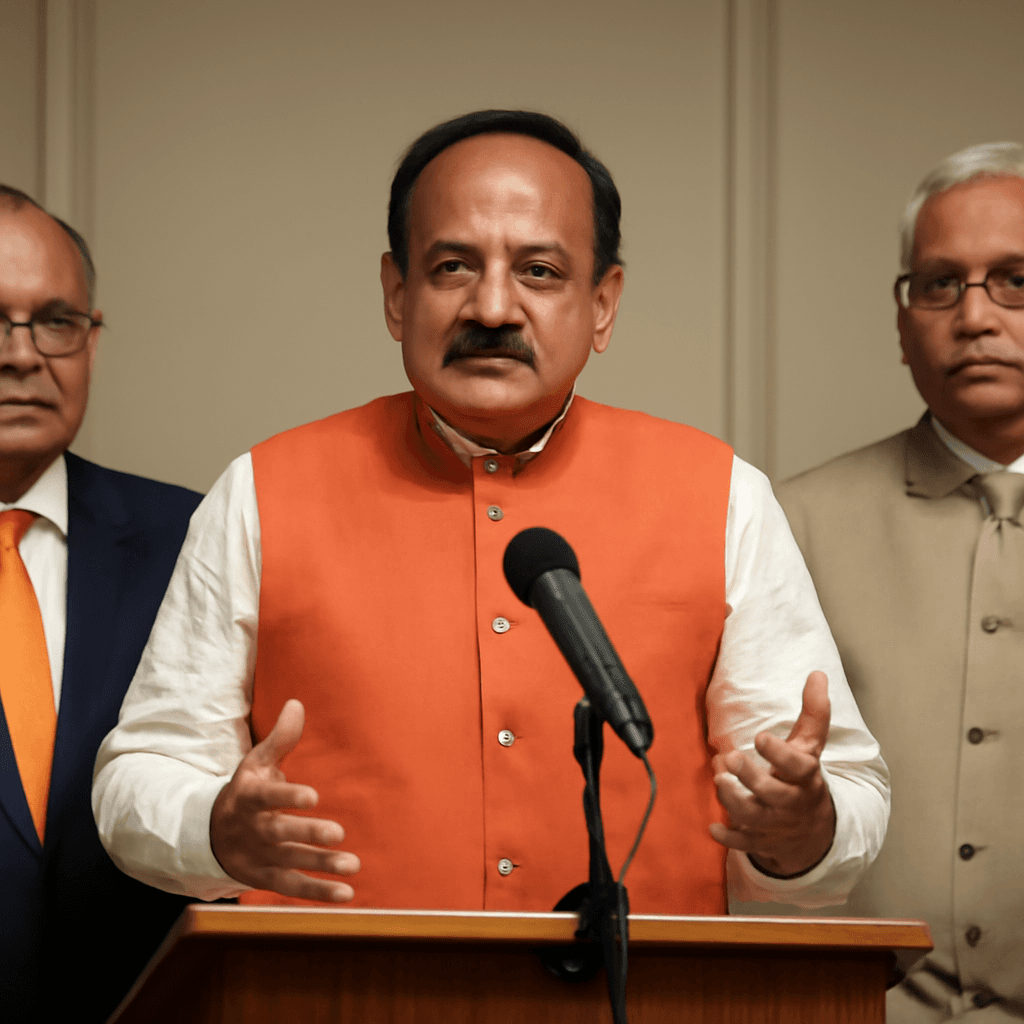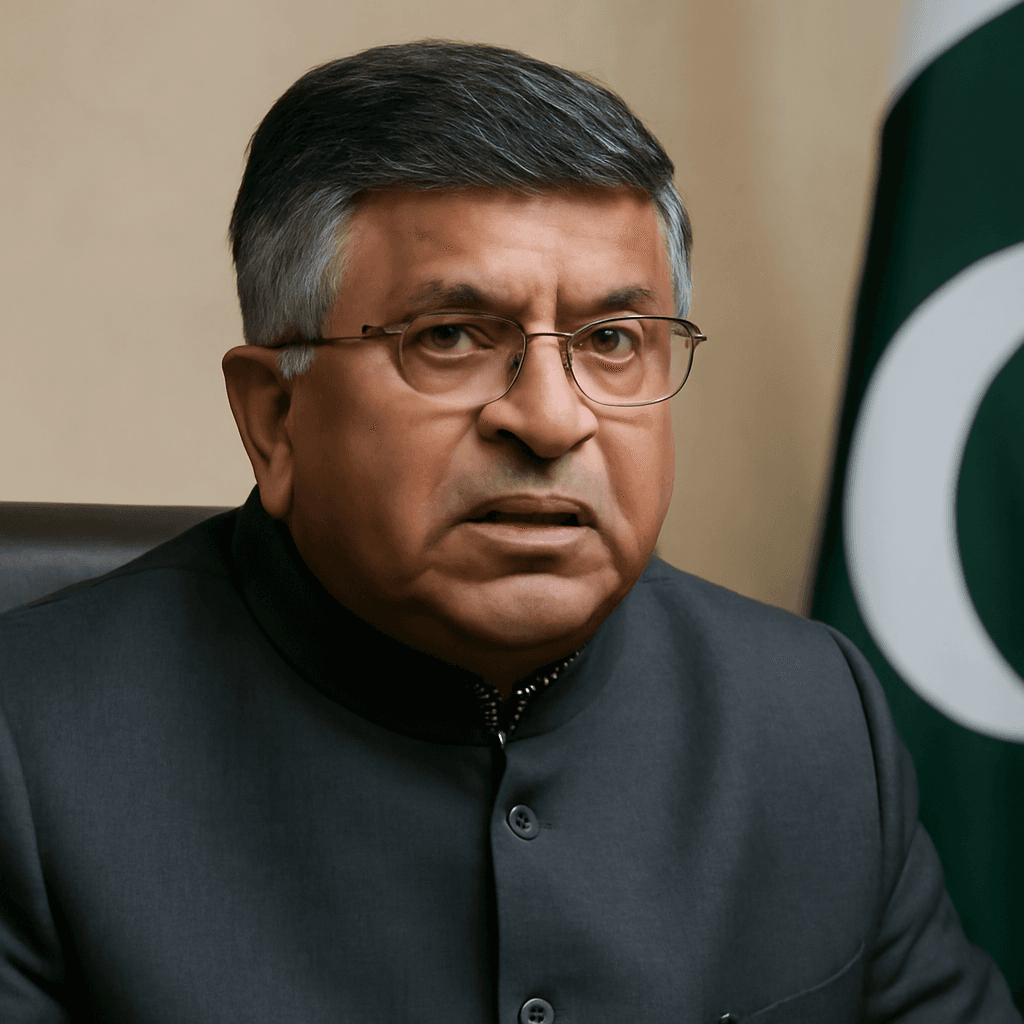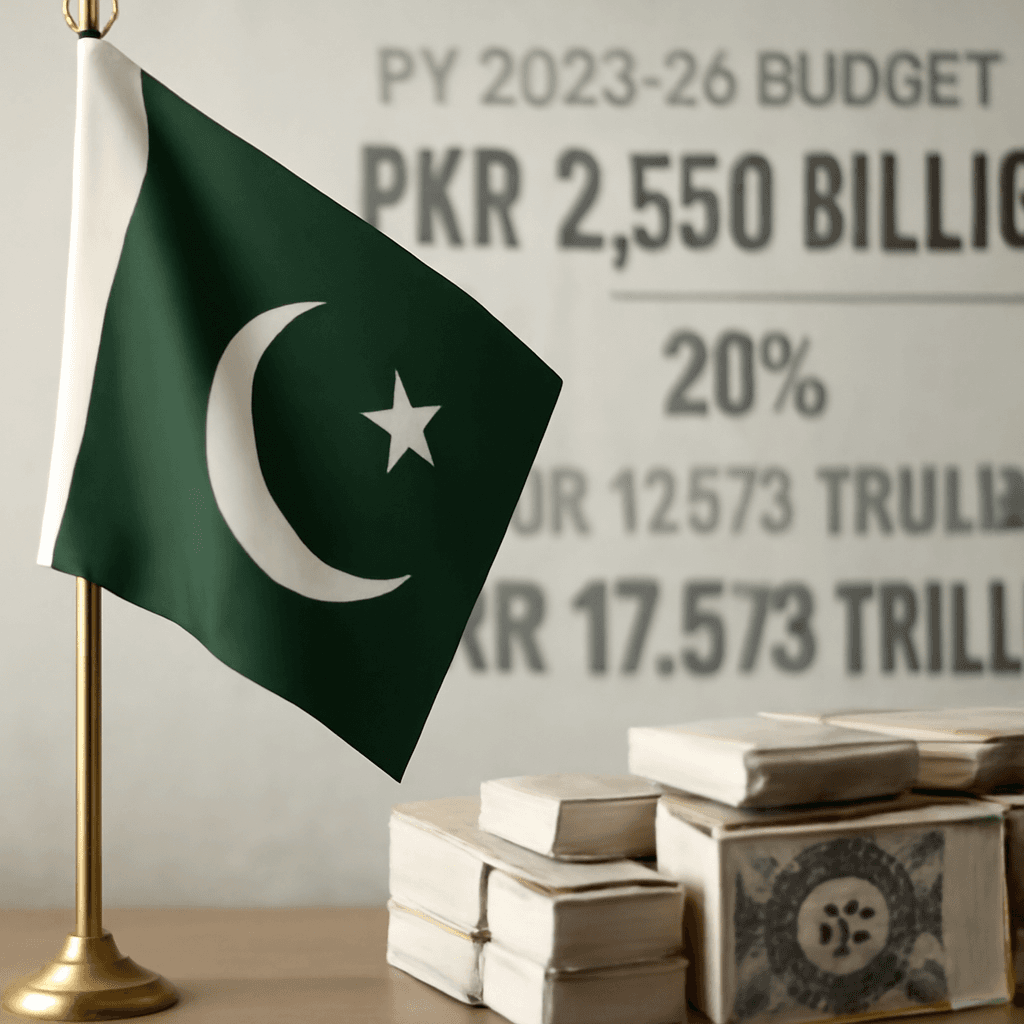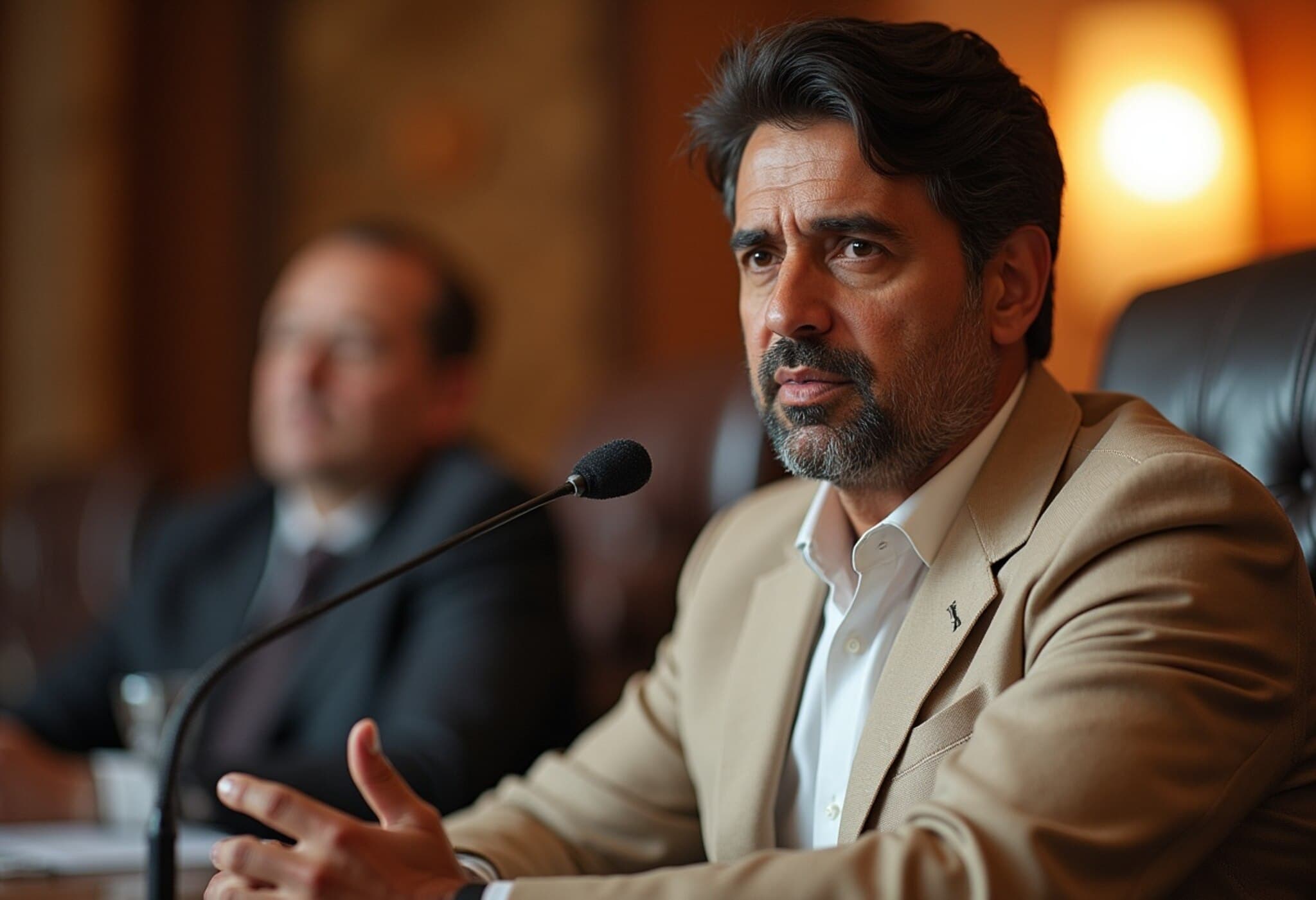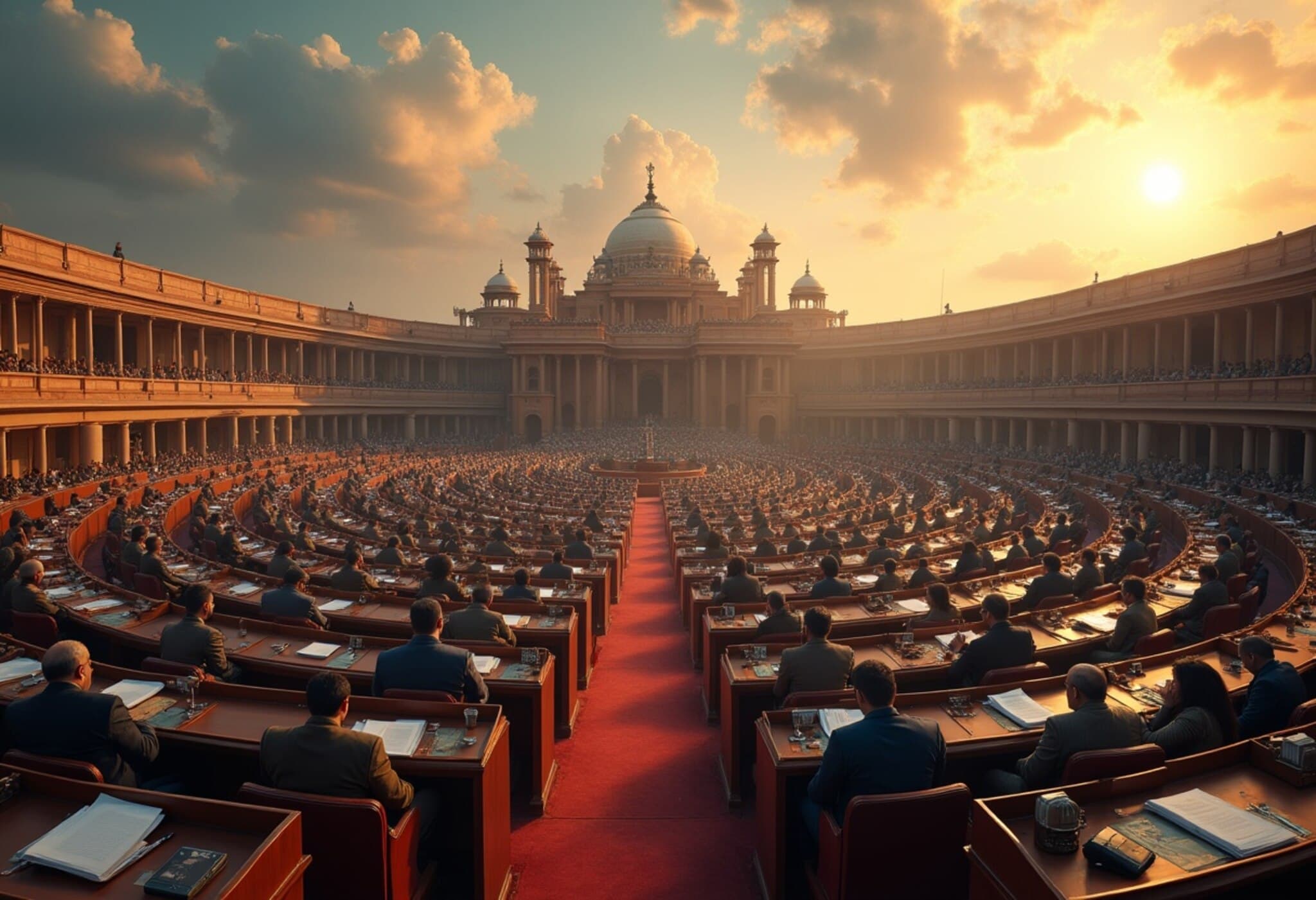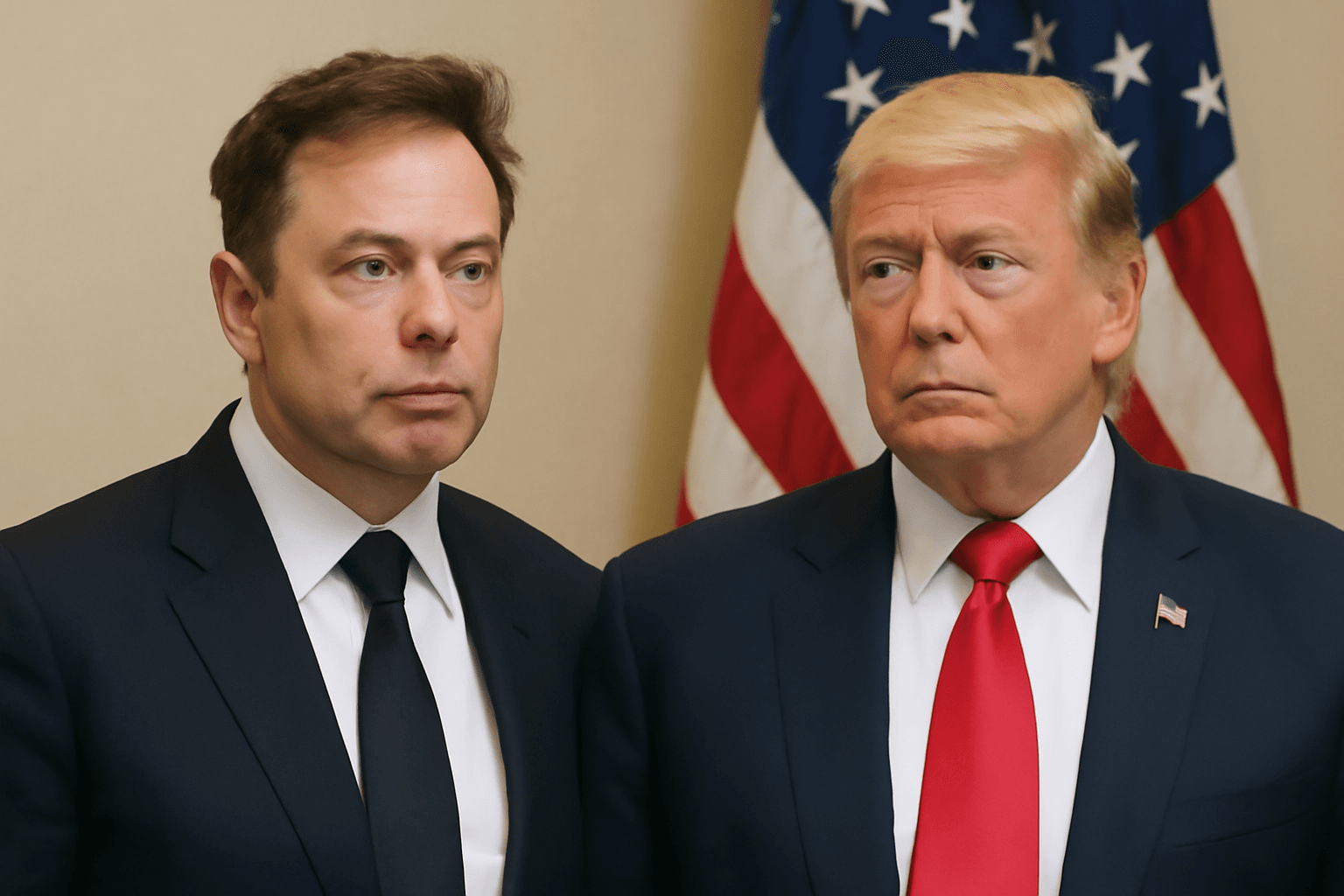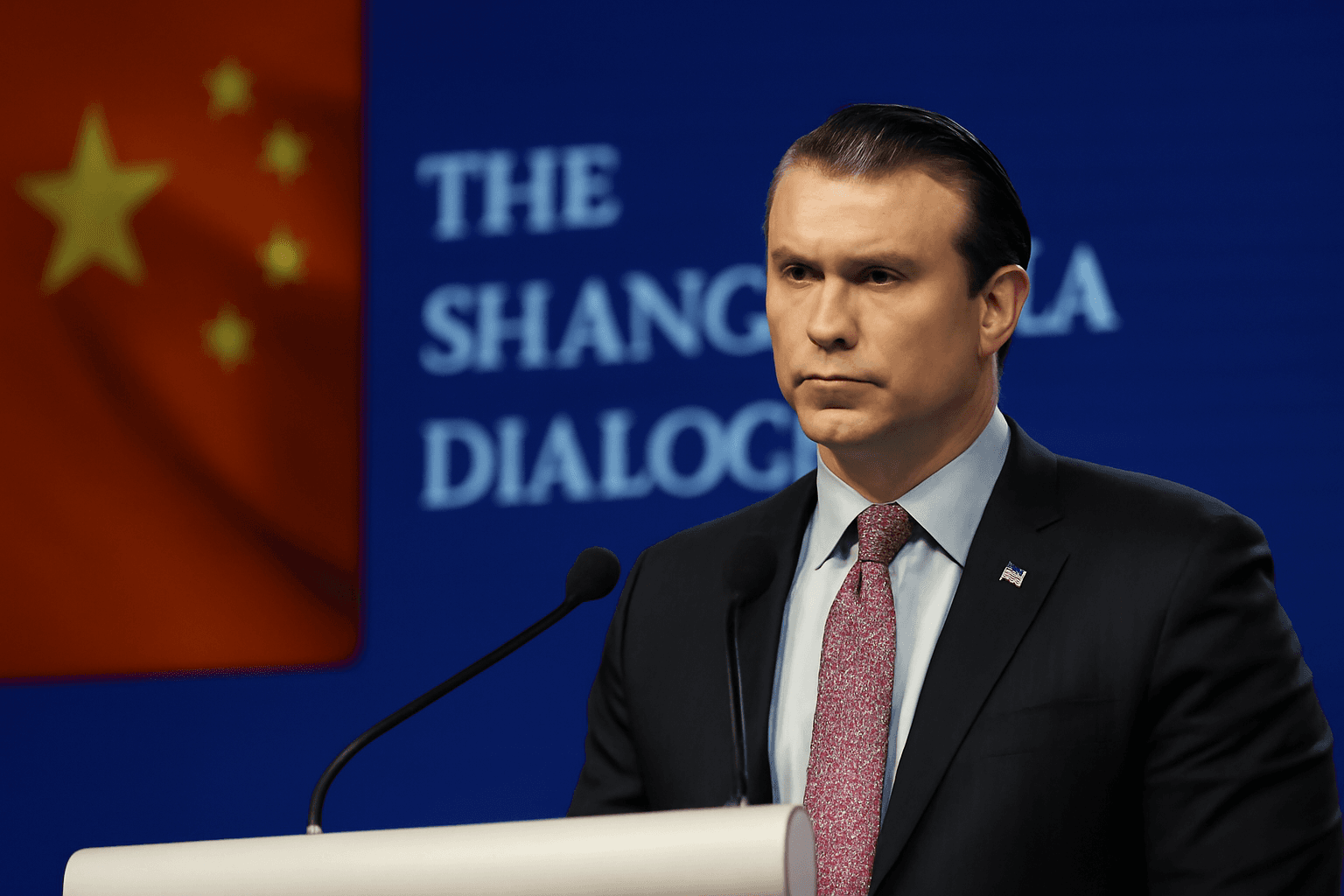Senior Congress leader Salman Khurshid praised the abrogation of Article 370, emphasizing the subsequent development and prosperity witnessed in Jammu and Kashmir. Speaking during a visit to Indonesia as part of India’s all-party delegation outreach program, Khurshid highlighted the transformative impact of the 2019 decision to revoke the region's special constitutional status.
Addressing Indonesian think tanks and academics, Khurshid referred to Article 370 as a longstanding obstacle, stating, "Kashmir had a major problem for a long time. Much of that was reflected in the thinking of the government in an article called Article 370 of the Constitution, which somehow gave the impression that it was separate from the rest of the country. But Article 370 was abrogated, and it was finally put to an end."
He further noted the strength of democratic participation in the region since the move, pointing to the recent election which saw over 60% voter turnout. "There is an elected government in Kashmir today, and the prosperity that has come to Kashmir should not be undone," Khurshid added.
In addition to discussing Kashmir, Khurshid addressed the broader India-Pakistan relationship. He urged against equating India with Pakistan, emphasizing India's greater global stature and leadership aspirations. "We are not Pakistan; we are much larger than they are. We have a greater role in the world ... We had to do certain things to teach Pakistan a lesson, and then we stopped because we are not greedy for Pakistan, their territory, or to destroy them," he stated during an interaction with the Indian community in Indonesia.
The leader underscored India's commitment to peace and coexistence, highlighting the nation's pluralistic culture and patriotism. He clarified that India did not initiate recent hostilities but responded to Pakistan’s communication seeking a cessation of conflict during ‘Operation Sindoor’ and has since refrained from further military action.

